Let’s talk about… No Parlez
Alexis Petridis on Paul Young’s 1983 solo debut
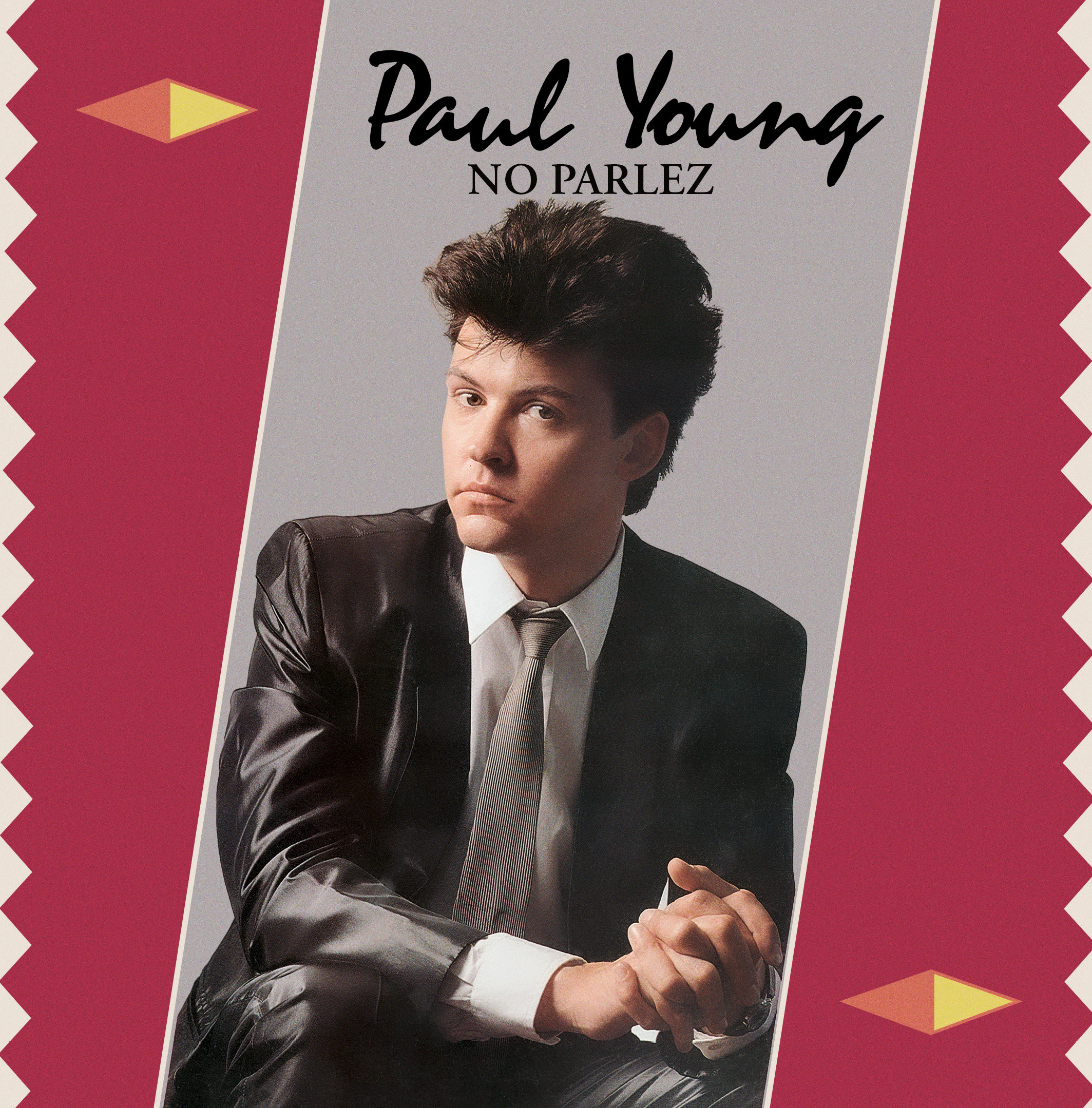
“No Parlez seems far more like a product of the adventurous early 80s, rather than the smoother, slicker era that followed”
On 8 Feb 1986, No Parlez by Paul Young finally dropped out of the UK album charts for good. It had been a fixture there since July 1983: a 112 week run, the first 99 weeks unbroken. It had been certified quadruple platinum in Britain and was huge across Europe and beyond: gold or platinum in Australia, Canada, France, Germany, Holland and Spain; triple platinum in Japan. It spawned three huge hit singles, two of them among 1983’s biggest sellers, a particularly impressive feat given the sheer number of imperishable classics released that year: ‘Billie Jean’ and ‘Blue Monday’, ‘Let’s Dance’ and ‘Every Breath You Take’, ‘Sweet Dreams (Are Made Of This)’ and Spandau Ballet’s ‘True’. The first, a cover of Marvin Gaye’s ‘Wherever I Lay My Hat’, was so big it even made the session musician who played bass on it famous. It wasn’t the first single to feature the distinctive “sprrrroing” of Pino Palladino’s fretless bass, but, by his own admission, it was the track that, virtually overnight, turned him into the most in-demand bassist in pop, a position he holds to this day.
It’s worth underlining just how big No Parlez was, because 41 years on, it’s largely famous as the butt of a joke, an album that no one wants: “no charity shop is complete without its copy of No Parlez – we have three”, as a social media post from Oxfam in Huntingdon once put it. Paul Young’s career went into commercial decline not long after it left the charts: 1986’s Between Two Fires was another hit, but it only spent four weeks in the Top 40, as opposed to No Parlez’s 59. It wasn’t exactly a nosedive into obscurity – Young kept having hit singles well into the 90s, and there was a fleeting moment around the time of his Don Was-produced album The Crossing where it looked like he might belatedly take off in America – but it couldn’t help but look like a steep dip in the wake face of No Parlez’s success. And his work has never really been critically re-evaluated: the 80s revival has now been going for at least twice as long as the 80s did, rescuing umpteen artists from the dustbin of obscurity, but no one ever drops Young’s name as a latter-day influence. Reissues of No Parlez – a 25th anniversary 2CD edition in 2008, purple marbled 180g vinyl in 2019 – are greeted in some quarters with spluttering incomprehension. Who on earth is going to shell out for a reissue of an album you can pick up for a few quid in your local Marie Curie or Sue Ryder?
But clearly someone is, because the reissues keep appearing. The latest offers the original vinyl version on CD for the first time – the original CD and cassette replaced five tracks with their 12” remixes – alongside a second disc of b-sides, outtakes, seven-inch mixes and extended club versions, while a blu-ray features Dolby Atmos, 5.1 and instrumental mixes among its plethora of offerings. If you’re a die-hard fan, here’s more to add to your collection: if you want a luxuriously-appointed opportunity to reassess No Parlez, here’s your chance.
And No Parlez is an album that could use reassessing. It’s Paul Young’s historical lot to be viewed as part of a shift in British pop, away from the febrile post-punk experimentation of 1979-1982, which gave us 2 Tone, synth-pop and the New Romantics, to music that was less edgy and arty, more parent-friendly, more biddable. You can see why it happened – fresh-faced and suited-and-booted, Young was clearly made of more wholesome stuff than, say, Soft Cell – but it’s an assessment that doesn’t quite square with the contents of No Parlez. The first surprise is the credits. No Parlez is an album that features the work of both Jack Lee, of LA punk band The Nerves (‘Come Back And Stay’ was the second hit cover of a Lee song originally performed by The Nerves, the first being Blondie’s ‘Hanging On The Telephone’) and Dagmar Krause and Anthony Moore of prog-era experimentalists Slapp Happy and Henry Cow: Krause provides backing vocals, Moore wrote the title track (he released his own version a year later). You can construct an argument that, big-selling Motown cover or not, ‘Wherever I Lay My Hat’ is a pretty experimental single. One of the reasons it made Pino Palladino famous was that it foregrounded his playing, shifting the bass from supporting to lead instrument, an idea borrowed from the 70s jazz-fusion work of Jaco Pastorious, not the most cravenly commercial of influences. But it’s the tracks that come inbetween the hits that underline No Parlez’s exploratory strangeness.
It’s tempting to say that, other than the beatless ballad ‘Broken Man’, they sound nothing like the songs that made Paul Young famous. As you might expect from a song written by Anthony Moore –who’d previously been dropped as a solo artist by Virgin Records for being too uncommercial – the title track is an equally curious listen: obliquely political lyrics, a chant-like chorus, a drum machine-driven coda that appears to have no melodic connection to the song that precedes it. You could theoretically have rendered ‘Tender Trap’ as straightforward mid-tempo soul, as Young and co-author Ian Kewley presumably would have done in their old band the Q-Tips: instead it’s decorated with off-key synthesizers, a spacey, echo-heavy production and a lengthy trombone solo, courtesy of Specials associate Rico. ‘Ku Ku Kurama’ is a weird cocktail of Bowie-esque vocals, courtesy of Young, and yelping, jabbering interjections from backing singers The Fabulous Wealthy Tarts: as with their contributions to Young’s version of ‘Love Of The Common People’ – which leaned towards the buoyant mood of Nicky Thomas’s 1970 reggae cover, rather than the song’s roots as a lachrymose country/singer-songwriter number – you wonder if they might not have been inspired by Kid Creole And The Coconuts, a band who shifted from hip critical cause celebre to mainstream success while No Parlez was being recorded.
With ‘Love Will Tear Us Apart’, Young just had the idea that it might be a malleable classic rather than a sacred text before anyone else
Alexis Petridis
And the cover of Joy Division’s ‘Love Will Tear Us Apart’, which caused a great deal of pearl-clutching at the time – how dare this pop artist besmirch the memory of Ian Curtis? etc – now seems oddly prescient. It might have been hallowed ground three years after Curtis’s suicide, but it’s subsequently become fair game for other artists – rendered as folk music by June Tabor, angsty emo-rock by Fall Out Boy, and into something that might accompany a New Orleans street parade by The Hot 8 Brass Band. Young just had the idea that it might be a malleable classic rather than a sacred text before anyone else: capable of supporting an impassioned blue-eyed soul vocal, some fairly abstract bursts of distorted guitar and a French language spoken-word section by Dagmar Krause.
It ends with ‘Sex’ – not a great song, but a perfect illustration of No Parlez’s freewheeling approach. There are sudden explosions of freeform piano and a hammering drum machine. The latter seems to have been inspired by the nascent hip-hop scene that had been brought to the UK’s attention at the end of 1982 with the release of Malcom Mclaren’s ‘Buffalo Gals’. The same thing also informs the 12” version of ‘Come Back And Stay’, which opened the original CD with a blast of densely-effected drum rolls, stammering samples and scratching. In fact, the 12” versions on CD 2 of this reissue transform the hits into something more akin to the rest of No Parlez: ‘Love Of The Common People’ is dubbed-out and more minimal than the familiar version, ‘Wherever I Lay My Hat’ is more straightforward, but still unspools into ad-libbed vocals and improvised synth lines.
An album that pitches vintage soul songs next to covers of Joy Division, that variously nods to dub, cutting edge New York dance music, jazz-fusion and the avant-garde of 70s rock, No Parlez seems far more like a product of the adventurous early 80s, rather than the smoother, slicker era that followed. Listening to it in 2024, you’re struck by the sense that no record label who signed an artist like Paul Young today would let him make an album like No Parlez. Confronted with a pop artist who had a voice soulful enough to carry old Motown and Stax covers – as well as ‘Wherever I Lay My Hat’, there’s a version of Don Covay’s 1966 b-side ‘Iron Out The Rough Spots’ – they would automatically break out the post-Amy Winehouse retro- soul affectations keen to underline the singer’s authenticity, their links to an august musical tradition. The result would probably be fine, but it wouldn’t be as interesting or surprising as the music here. Contrary to its latter-day reputation as an album no one wants, No Parlez is an album more people in 2024 should hear. Whether you opt for this tricked out version – which chooses to ignore demos and live tracks for a complete survey of what Young actually released at the time – or simply head to your nearest charity shop is up to you: either way, you’re unlikely to regret it.
By Alexis Petridis
The 40th anniversary of No Parlez is released today as a 2CD set or on SDE-exclusive blu-ray audio with a plethora of mixes and versions, including a brand new Dolby Atmos Mix.
Tracklisting
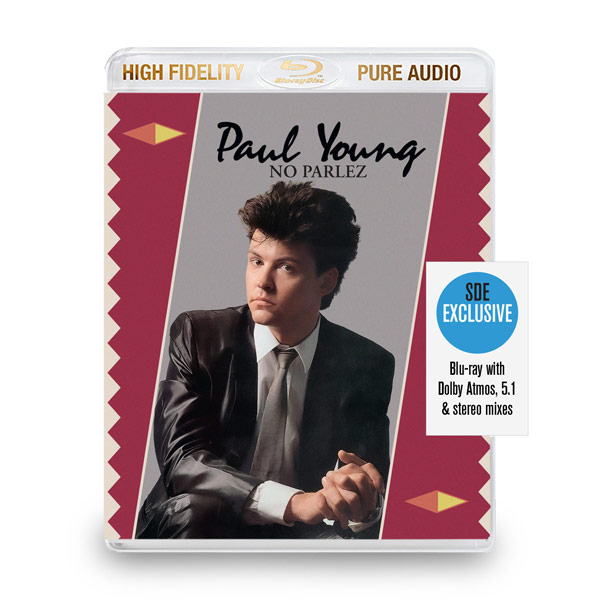
No Parlez Paul Young / SDE-exclusive blu-ray audio
-
-
No Parlez: UK Vinyl First Pressing version with 3 bonus tracks (as below) in the following audio streams: 2024 Dolby Atmos Mix, 2024 5.1 Mix (48/24), 2024 New Stereo Mix (192/24), 2024 Dolby Atmos Instrumental Mix, 2024 5.1 Instrumental Mix (48/24), 2024 New Stereo Instrumental Mix (192/24)
- Come Back and Stay 4:57
- Love Will Tear Us Apart 5:00
- Wherever I Lay My Hat (That’s My Home) 5:18
- Ku Ku Kurama 4:19
- No Parlez 4:57
- Love of the Common People 4:56
- Oh Women 3:35
- Iron Out the Rough Spots 4:47
- Broken Man 3:54
- Tender Trap 4:32
- Sex 4:49
Bonus tracks
- Behind Your Smile 4.08 (B-side)
- Yours 5.39 (B-side)
- I’ve Been Lonely For So Long (No Parlez outtake) 3.39
No Parlez: UK Vinyl First Pressing version newly remastered with no peak limiting
- Come Back and Stay – 4:57
- Love Will Tear Us Apart 5:00
- Wherever I Lay My Hat (That’s My Home) 5:18
- Ku Ku Kurama – 4:19
- No Parlez – 4:57
- Love of the Common People – 4:56
- Oh Women – 3:35
- Iron Out the Rough Spots – 4:47
- Broken Man – 3:54
- Tender Trap – 4:32
- Sex – 4:49
No Parlez: Original 1983 CD Master
- Come Back and Stay 7:56 (scratch mix)
-
Love Will Tear Us Apart 5:00
-
Wherever I Lay My Hat (That’s My Home) 6:01 (extended club mix)
-
Ku Ku Kurama 4:19
-
No Parlez 4:57
-
Behind Your Smile 4:08
-
Love of the Common People 5:51 (extended club mix)
-
Oh Women 3:35
-
Iron Out the Rough Spots 7:28 (extended club mix)
-
Broken Man 3:54
-
Tender Trap 4:32
-
Sex 6:51 (extended club mix)
-

 Reviews
Reviews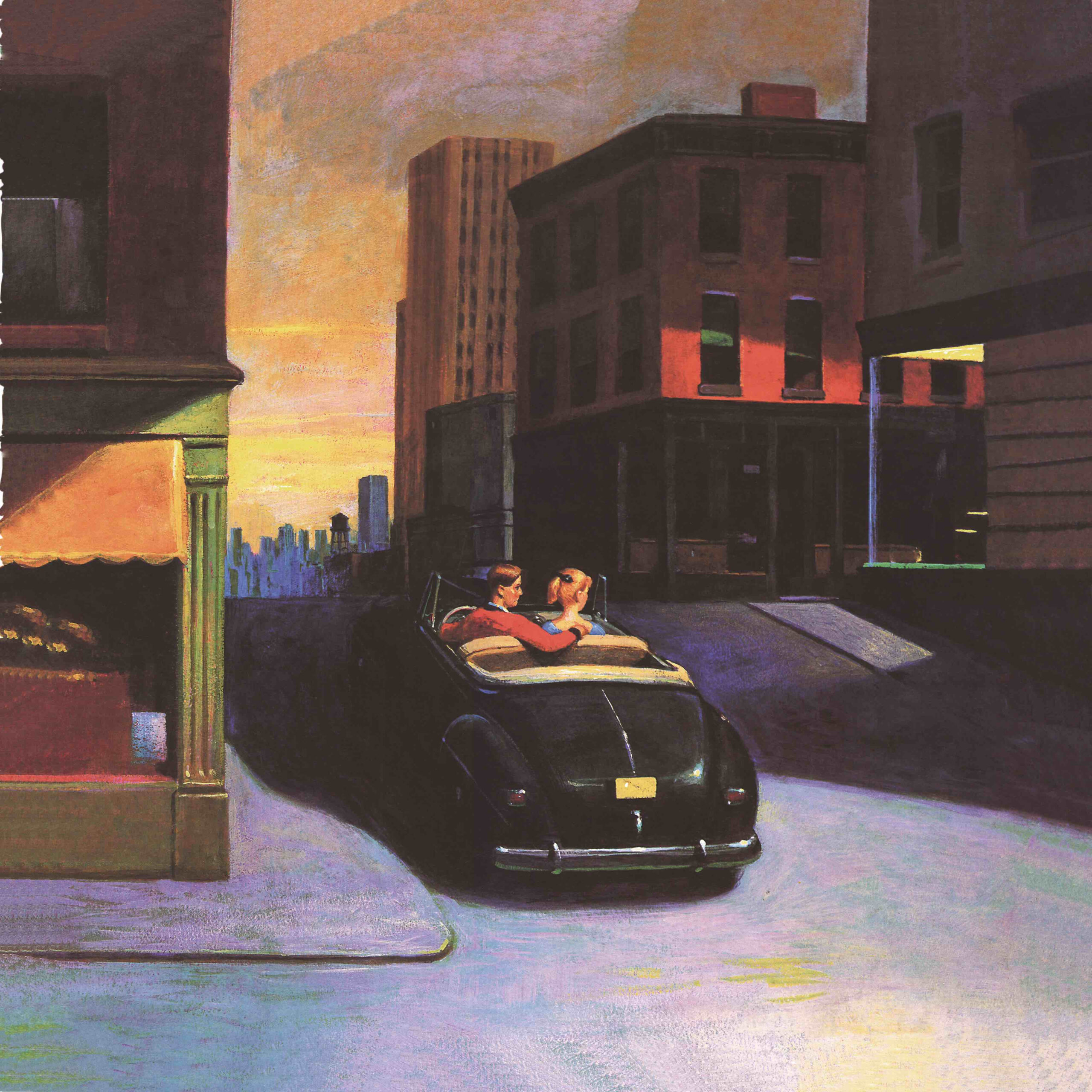
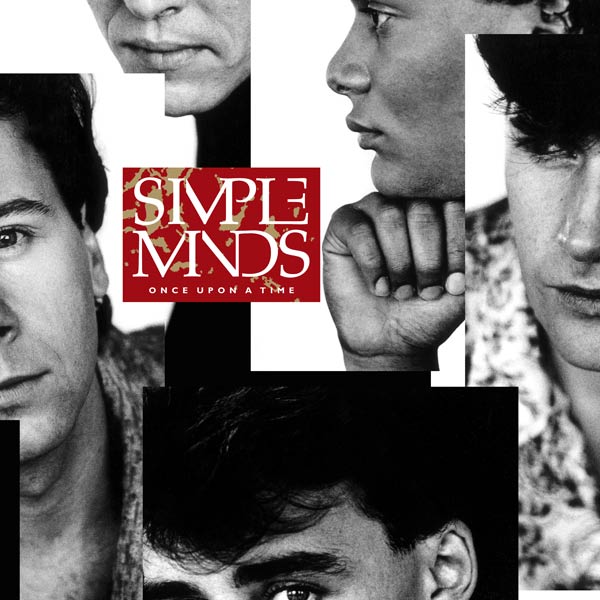
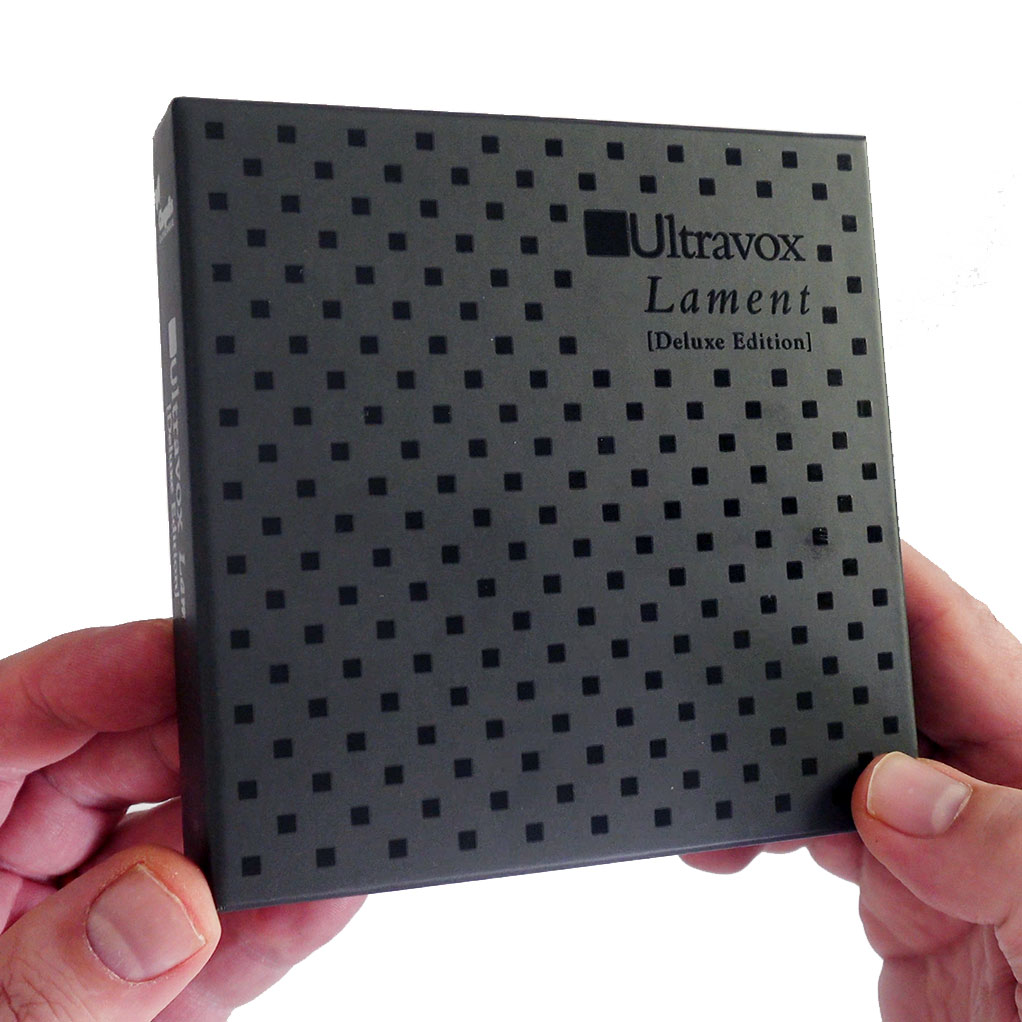
 SDEtv
SDEtv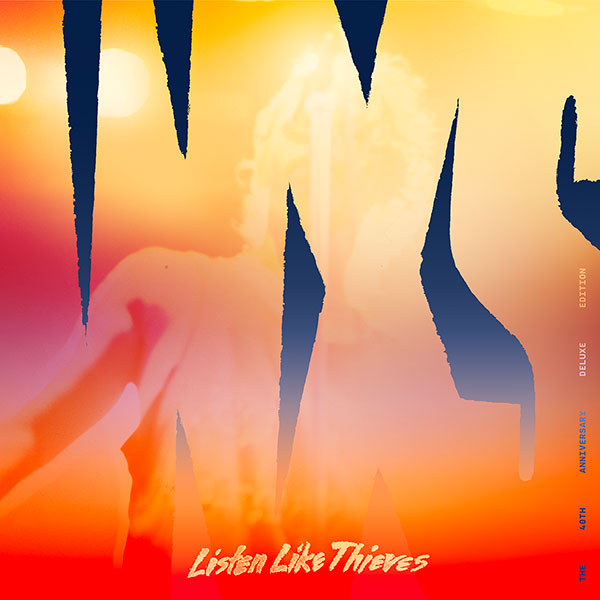
By Paul Sinclair
66